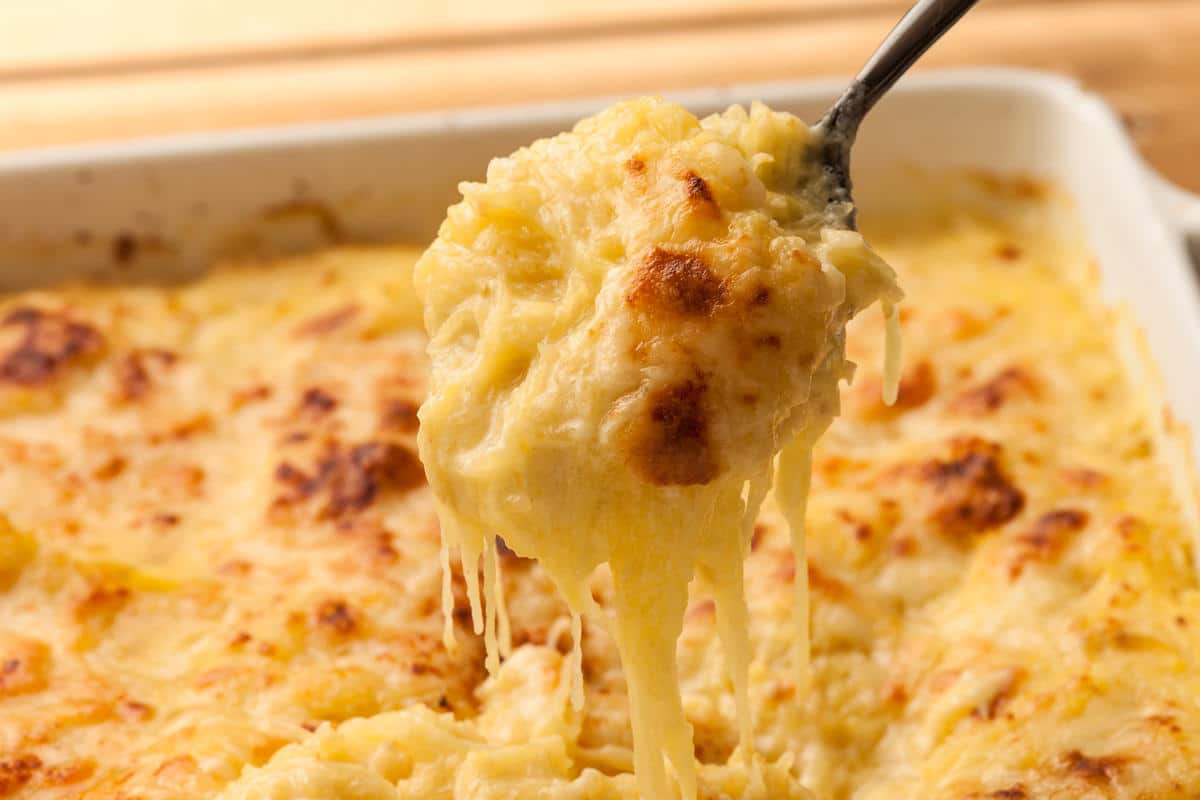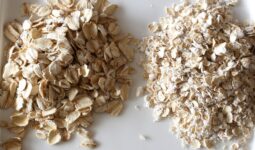Spaghetti squash is a healthy and rich vegetable that is enjoyed especially in winter for its nutty flavour and excellent nutritional profile. Closely related to squash, zucchini, and pumpkin, the spaghetti swash comes in a range of colours, sizes, and even shapes.
While people talk about how this vegetable is life in calories and high in nutrient, that isn’t the only reason why spaghetti squash is healthy. There are lots of health benefits that are associated with eating it.
This article is a review of the nutrition benefits of eating spaghetti squash, the potential downside, and his best you can include it to your diet. Spaghetti squash is loaded with vitamins and minerals.
Spaghetti squash is one vegetable that is nutrient dense which means it is loose in calories and rich in other essential minerals and vitamins.
To be specific, spaghetti squash is rich in vitamin C, vitamin B6, manganese, and also a good source of fibre. 155 grams of cooked spaghetti squash makes one cup, and it provides you with the following nutrients:
- Calories: 42
- Fibre: 2.2 grams
- Carbs: 10 grams
- Fat: 0.5 grams
- Protein: 1 gram
- Manganese: 9% of the recommended daily intake
- Vitamin C: 8% of the recommended daily intake
- Vitamin B6: 8% of the recommended daily intake
- Pantothenic acid: 6% of the Recommended daily intake
- Potassium: 5% of the recommended daily intake
- Niacin: 6% of the recommended daily intake
Spaghetti squash also has a tiny amount of magnesium, thiamine, iron, calcium, and folate.
Spaghetti squash is rich in antioxidants
Antioxidants and active compounds that you can think of the warriors or knights in the body that helps to fight off free radicals thus reducing damage to your cells and preventing oxidative stress.
Research has shown that antioxidants are potent enough to help prevent health problems like cancer, heart disease, and even diabetes. Winter varieties of squash like the spaghetti squash are packed full with antioxidants.
To be specific, winter squash gives you plenty of beta-carotene which is a potent plant pigment that can help to protect your DNA and cells from damage. Spaghetti squash is also rich in vitamin C which also plays the role of an antioxidant and has been discovered to play a significant role in the prevention of diseases.
Spaghetti squash may help promote digestive health
As earlier mentioned, spaghetti squash is a great source of fibre. A single cup serving of spaghetti squash which measures 155-gram provides 2.2 grams which are exactly 9% of your daily need for fibre.
Fibre moves slowly through the digestive system and adds bulk to your stool to promote regularity and also prevent or reduce constipation. Increasing your fibre intake may be beneficial to different aspects of your digestive health.
In fact, some studies have shown that a diet containing a high amount of fibre could be helpful in treating conditions such as intestinal ulcers, diverticulitis, gastroesophageal reflux disease, and haemorrhoids.
Including a serving or two of spaghetti squash to your diet along with some other foods that are rich in fibre will boost regularity and keep your digestive system running effortlessly.
Spaghetti squash supports weight loss
Spaghetti squash is a great vegetable for people looking to shed some weight because it is rich in fibre and other nutrients but low in calories.
What fibre does to support weight loss is to slow down the emptying of your stomach as well as stabilise your blood sugar level to reduce appetite and hunger.
Plus since a cup of spaghetti squash only contains 42 calories you can use it as a low-calorie alternative in recipes such as lasagna, casseroles, gratin, and even pasta dishes to help with promoting weight loss.
Did you know that one cup of cooked spaghetti squash contains only 25% of the calories contained in one cup of cooked spaghetti?
Spaghetti squash is versatile and delicious
Spaghetti squash is a winter veggie that has a mild flavour and a stringy texture, and it just works really great in many recipes.
Spaghetti squash can easily be baked, steamed, boiled, or even microwaved for a nutritious and very tasty meal. Particularly, spaghetti squash is a famous substitute for pasta because it can reduce the calories and carb count of your meal and at the same time, allowing the other flavours and ingredients in your food to take the spotlight.
Use spaghetti squash as a replacement for noodles and combine it with ingredients such as garlic, marina sauce, parmesan, and meatballs. You can get creative and try making casseroles, pancakes, hash browns, or even stuffing it with make a spaghetti squash boat.
Spaghetti squash is easy to prepare
Spaghetti squash isn’t one of those foods that are complicated to prepare, and it also works great as a substitute for noodles and other pasta.
Top start cooking thought spaghetti squash you must first cut it open in half ( do this lengthwise ) and scoop out the seeds with a spoon.
Once you have all the seeds scooped out the next thing you want to do is to drizzle some olive oil on each half, lightly season with salt, and then place each half side-by-side on your baking sheet making sure that the cut sides are facing down.
Have the spaghetti squash roast in your oven for about 40 to 50 minutes at 400°F (200°C). Once it is fork tender, you can move on to the next step of scraping out the spaghetti-like strands with a fork.
You can finish it up with any seasoning of your choice, toppings, or even sauce. You will love eating it with meatballs, garlic, marina, and even mixed vegetables.
Spaghetti squash may not be for everybody
Even though we have established the fact that spaghetti squash is a very nutritious food, there is a chance that it is not good for everyone and there are some things you must consider before adding it to your diet.
Some people may be allergic to winter veggie such as spaghetti squash, and they can cause allergic symptoms such as itching, digestive issues, hives, and swelling.
If you notice any of the above allergies, you must discontinue consumption immediately and visit tire doctor for treatment. While spaghetti squash can be great for weight loss, it is vital to avoid cutting too many calories as that can decrease the metabolic rate of your body.
Always add a healthy topping to your spaghetti squash so that you can get the best nutritional values that it has to offer.








